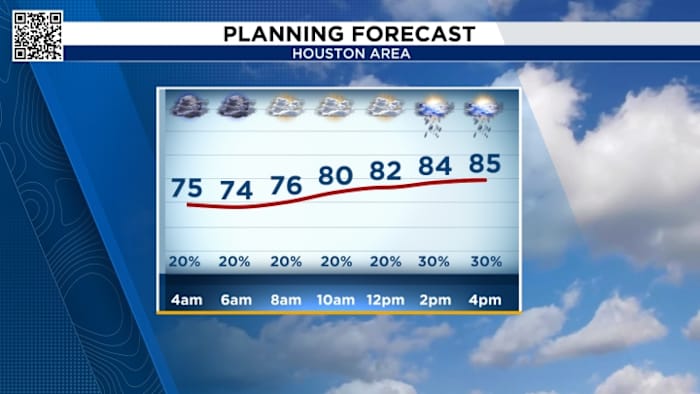Bipolar disorder is a mental health condition characterized by episodes of mania and depression. Mania is characterized by feelings of euphoria, irritability, or energy while symptoms of depression include feelings of sadness, deterioration, or worthlessness. insider The following lines provide everything you need to know about this disorder.
What is bipolar disorder?
Bipolar disorder is a chronic and debilitating disease that, like many other physical and psychological problems, can be well managed with the help of medication and psychological support.
Three separate types of bipolar disorder:
Bipolar I: People with bipolar disorder have a pattern of depressive and manic episodes that last at least 7 days and are more severe than other types and may even need a hospital stay..
Bipolar II: People with bipolar II disorder also have both manic and depressive patterns, but their manic episodes are less severe than those seen in bipolar type I disorder..
Cyclic disorder is a mood condition in which mood swings are not as severe as those seen in people with bipolar disorder..
Signs of bipolar disorder
The average age of onset for bipolar disorder is 25 years, and it is equally prevalent between the sexes While symptoms can vary, here are some of the most common signs of bipolar disorder.:
Severe periods of depression, accompanied by periods of energy and mania
Episodes of mania and depressive episodes can last anywhere from a few hours to several weeks. Additionally, people with bipolar disorder can have few or no symptoms between these mood episodes..
Symptoms of mania are not always obvious or severe, so people are often misdiagnosed for years before they reach an accurate evaluation and treatment.
Someone in your family also has bipolar disorder
It is believed that there is a genetic component to the development of bipolar disorder, and while scientists have not discovered the genes responsible for transmitting bipolar disorder to children, genes are considered a significant risk factor, and the likelihood of developing bipolar disorder increases to 75% if the individual has close relatives. First-degree bipolar disorder.
You have another mental health condition
Bipolar disorder may also be associated with other mental health conditions The National Institute of Mental Health links it to anxiety disorders, eating disorders, ADHD, and substance use disorders..
psychosis or schizophrenia
Research suggests that some types of psychosis, episodes in which a person has difficulty distinguishing between what’s real and what’s not, may be linked to bipolar disorder.




